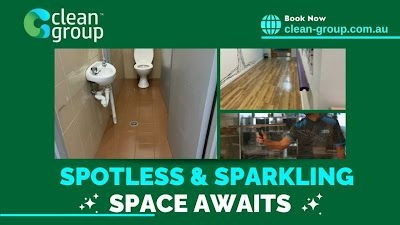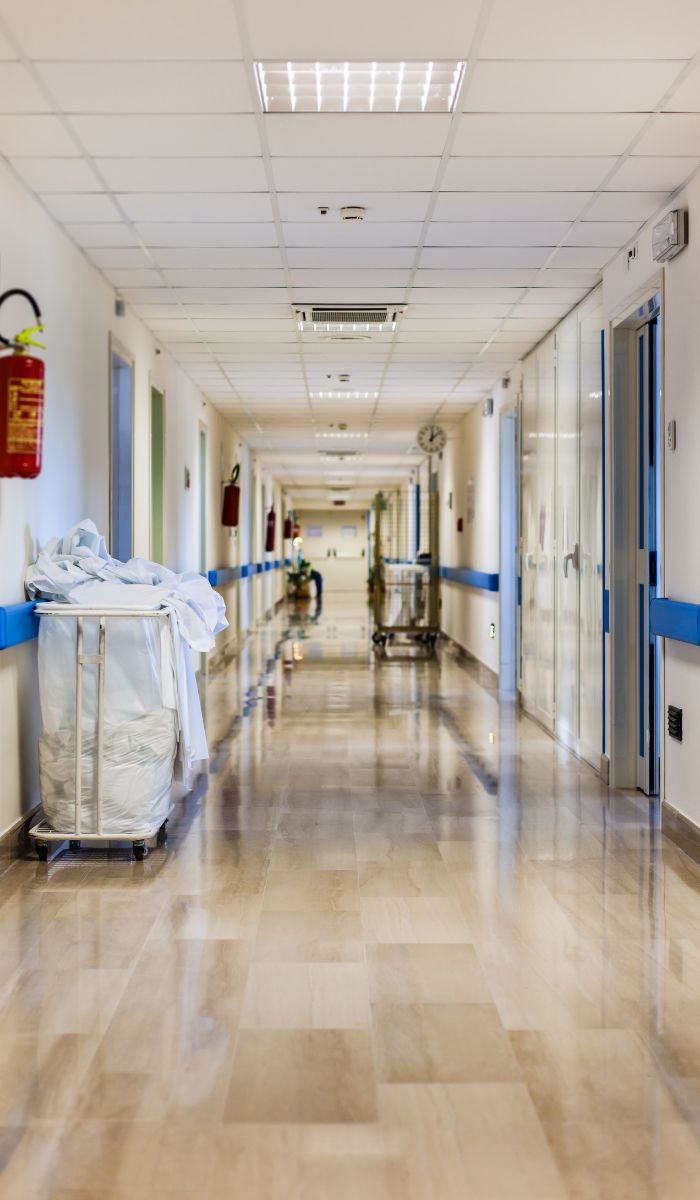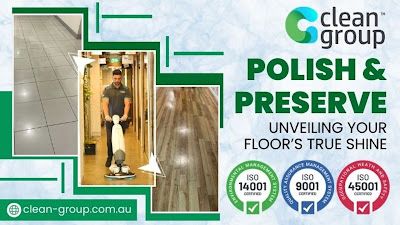
Common Cleaning Techniques
What are key indicators of a professional cleaning service?
Another aspect of sustainability in the cleaning industry is the growing adoption of reusable cleaning materials. At Clean Group, we offer Reliable Office Cleaners in Sydney tailored to meet the unique needs of every business. Whether you manage a small startup or a large corporate space, our Professional Office Cleaners in Sydney deliver consistent, high-quality cleaning solutions at competitive prices. With years of industry experience, our team is equipped with cutting-edge cleaning technologies and eco-friendly products to ensure your office is spotless, hygienic, and welcoming. From routine cleaning to deep disinfection and everything in between, we take pride in being one of the most trusted names in office cleaning services in Sydney. Comprehensive Office Cleaning Tailored for Your Business Clean Group provides all-inclusive office cleaning solutions, which include: Supply and replacement of bin liners and toilet rolls Thorough cleaning of office furniture, desks, and common areas Advanced carpet cleaning and floor care Deep cleaning and COVID-19 disinfection services Washroom sanitisation and office toiletries management Our services are designed to accommodate the specific needs of your workspace, with flexible scheduling options such as daily, weekly, or fortnightly cleaning routines.. In the past, disposable cleaning items such as mop heads, rags, and wipes were commonly used and discarded. Today, businesses are increasingly using microfiber cloths, which are durable, washable, and effective at cleaning without the need for chemical cleaning agents. These cloths are particularly useful because they can remove dirt and bacteria more effectively than traditional cotton rags, reducing the need for chemical disinfectants and ensuring that fewer disposable products end up in landfills. By implementing these methods, the cleaning industry is making strides toward reducing waste and promoting a circular economy, where products are reused and recycled.
As the commercial cleaning industry becomes more specialized, some cleaning companies are positioning themselves as experts in certain sectors. For example, cleaning services tailored to the healthcare industry require a deep understanding of sanitation protocols and the use of specialized disinfectants to control the spread of infectious diseases. Healthcare cleaning companies must adhere to strict guidelines set by health authorities, ensuring that all areas, from patient rooms to operating theaters, are sanitized and free from harmful pathogens. The same level of specialization is evident in sectors like education, where schools require cleaning practices that minimize the spread of germs and ensure a safe environment for students and staff. By focusing on specific industries, cleaning companies can build a reputation as experts in their field and offer highly tailored solutions that meet the unique demands of each sector.


